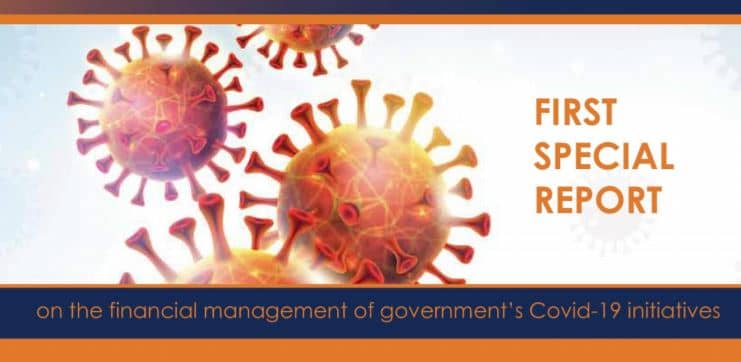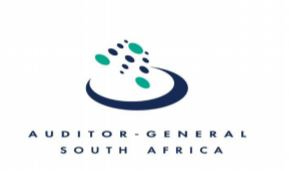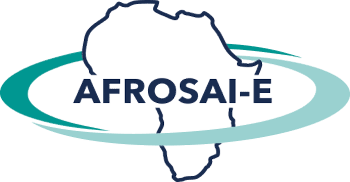
SAI South Africa publishes special report on governments’ Covid-19 spending
The Auditor General of South Africa has published the first of a series of reports that will deal with the financial management of the government’s Covid-19 initiatives, covering R68,9 billion (47%) of the R147,4 billion spending. The audit work per this report is for all expenditure up to and including 31 July 2020.
After the outbreak of the novel coronavirus in South Africa, the government announced a R500 billion package for the health response and the relief of social and economic distress caused by the drastic measures that had to be taken to contain the spread of the virus.
The fiscal relief package is funded by reprioritising the 2020-21 budgets and securing loans. On request of the president, Cyril Ramaphosa, Makwetu’s office has undertaken a real-time audit of 16 of the key Covid-19 initiatives introduced by the government and the management of R147,4 billion of the funds made available for these initiatives.
The Auditor-General (AG), Kimi Makwetu, says the multi-billion rand Covid-19 relief package landed in an environment with many control weaknesses.
Giving context to this special audit, Makwetu remarked that “emergency responses and quick actions are required to save lives and livelihoods, but the easing of controls and the streamlining of processes and procedures to respond to the crisis, expose the government to the risks of the misuse or abuse of public resources”.
Explaining the nature of this Covid-19 audit, he said it was unique in its approach compared to the regularity audits they conduct annually. “The Covid-19 audit is performed by multidisciplinary teams, made up of fraud, information technology and sector-specific experts, who support the financial auditors to dig deeper and provide relevant insights on auditees’ risks and operations. We are auditing payments, procurement and delivery as they occur and are reporting any findings to the accounting officer or authority to enable them to deal with any shortcomings immediately and tighten the controls to prevent a recurrence,” Makwetu elaborated.
Throughout the work done, audit teams found that the rapid implementation of the initiatives in already compromised control environments created significant risks that most auditees were not able to address. Processes, criteria, needs and controls were not well considered and in the haste of implementation, mistakes were made and opportunities created for abuse.
Click here to go to the full report.

Visit the website of the Auditor General of South Africa for more information: www.agsa.co.za
